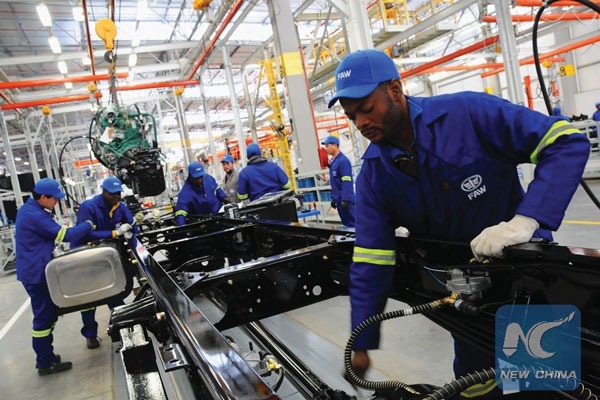Foreign investments in Nigeria’s manufacturing sector experienced a significant decline of $326 million, representing a 54% drop, in the third quarter of 2023. The latest Capital Importation report published by the National Bureau of Statistics (NBS) revealed that the sector attracted $279.5 million in Q3, down from $605 million recorded in the second quarter.
Despite the substantial decrease, the manufacturing sector retained its position as the leading recipient of capital importation during the period. The production sector was closely followed by the finance sector, which brought in $127.9 million in foreign investments.
Over recent quarters, Nigeria has witnessed a decline in foreign investments, with data from the NBS indicating a 35% drop from $392.5 million in the fourth quarter of 2022 to $256 million in the first quarter of 2023. Concerns have been raised by the Manufacturers Association of Nigeria (MAN), attributing the decline to challenging business conditions influenced by factors such as high energy costs, limited access to funding, multiple taxation, among others.
Francis Meshioye, the President of MAN, highlighted the industry’s challenges in a recent interview, expressing concern that more international manufacturing companies might exit the country if power distributors proceed with the planned tariff hike. He emphasized the substantial costs borne by manufacturers in providing essential infrastructure such as water, power, and security.
The third-quarter drop in foreign investments is linked to the departure of multinational corporations, including GlaxoSmithKline, which exited Nigeria in August, and Unilever, which scaled down operations in its home and skincare categories in April. The fourth quarter of 2023 also witnessed the winding down of operations by additional multinational manufacturers like Sanofi-Aventis and Procter & Gamble in Nigeria.
MAN has consistently highlighted the challenges faced by the manufacturing sector, urging policymakers to address issues affecting the industry’s growth and attractiveness to foreign investors. The decline in foreign investments raises concerns about the overall economic impact and competitiveness of Nigeria’s manufacturing landscape.













